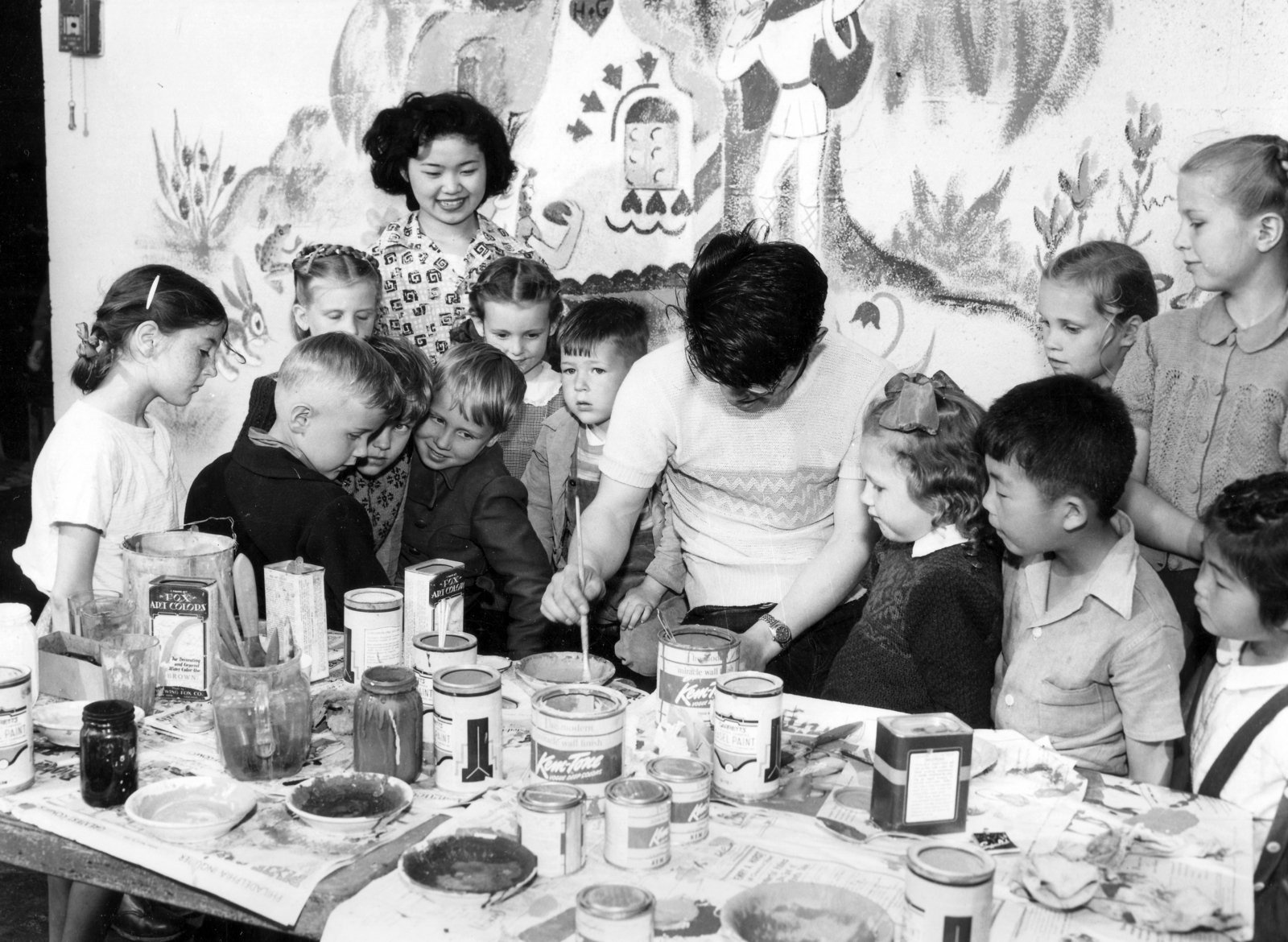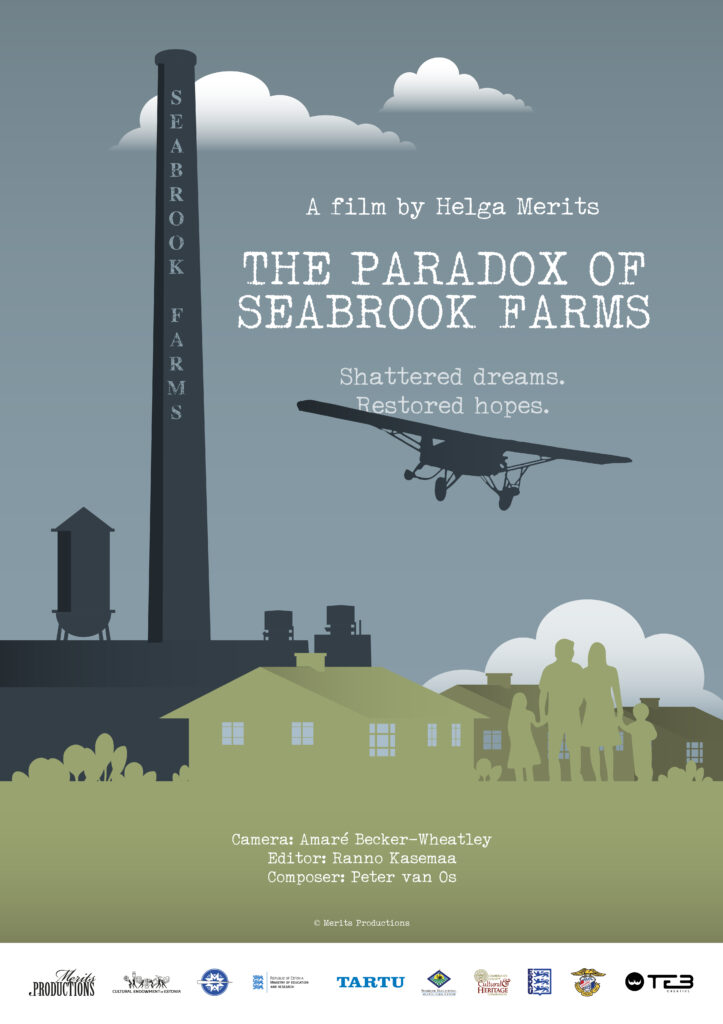Screening is followed by discussion with the director Helga Merits

On July 1st at 18.00, we will show the film “The Paradox of Seabrook Farms – Shattered Dreams, Restored Hopes” which tells the story of Seabrook Farms, whose multicultural workforce in the 1950s included many Estonians who fled the Soviet occupation.
The screening is followed by a discussion with the director Helga Merits and other people connected to the film.
“The Paradox of Seabrook Farms” is a documentary film about the workers at Seabrook Farms, the biggest industrial vegetable plant in the US in the 1950s, who belonged to many different nationalities and cultures and who all had to build up a new life for their families in very difficult circumstances at Seabrook, while Charles F. Seabrook, their rich racist boss, decided to destroy his own family company. Read more about the film here.
The director of the film, Helga Merits studied philosophy at the University of Amsterdam. She worked for years as a journalist for national radio both in Belgium and Holland and wrote for newspapers in both countries as well. Eighteen years ago, she decided to make film documentaries, because she felt that some of her radio documentaries needed visuals. For her first documentary film, “Kallis Paul” (2007), about the youth of her Estonian father, she was awarded the Theodor Luts Prize. For “The Story of the Baltic University” (2015) she received the medal of the Baltic Assembly. She received honorable mention at Estdocs for “Coming Home Soon – The Refugee Children of Geislingen” (2018). “The Paradox of Seabrook Farms – Shattered Dreams, Restored Hopes” (2024) is her sixth film.
Merits makes films about people whose lives are completely disrupted by war, but people who still need to go on, without any help or support. She seamlessly weaves stories into fascinating patterns to shed light on the situation of refugees. Though most of the films are about Baltic refugees, “The Paradox of Seabrook Farms” is also about Japanese American, African American, and Polish communities.
Her films are screened at festivals, conferences, in museums, on public television in the Baltic Countries, at universities and communities all around the world.


 Back
Back